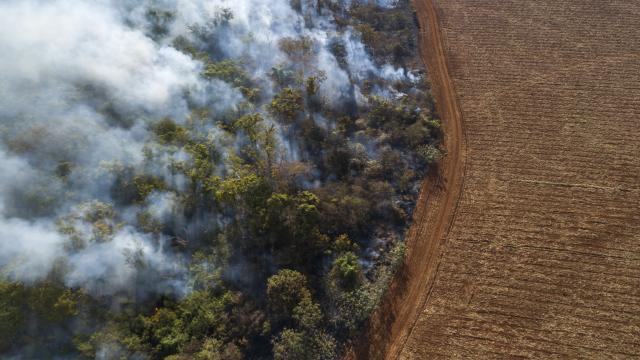designing due diligence
How policymakers and businesses can drive action on forest-risk commodities
The UK has a disproportionate impact on nature and climate through its global footprint - its impact due to consumption and production. Commodity-driven deforestation and conversion of other ecosystems overseas is a significant driver of the UK’s footprint overseas. Between 2016 and 2018, the UK required 21.3 Mha globally per year to supply its demand for seven key commodities, such as soy and cocoa.
To reduce its impact overseas, the UK government introduced a due diligence law through the Environment Act 2021, which requires companies that use forest-risk commodities to conduct due diligence to ensure their products are free of illegal deforestation and conversion. The details of this law are currently being consulted on.
Our report with 3Keel, Designing Due Diligence, looks at what the UK government needs to do to ensure this law is effective at driving progress to reduce deforestation and conversion.
To support businesses to better understand and comply with the upcoming law, this report also highlights the principles, benefits, costs and best practice of due diligence.
Step by Step Guide Principles of good due diligence
Due negligence
Will a due diligence regulation based on illegal deforestation delink UK supply chains from deforestation?
The UK government has committed to leave the environment in a better state for future generations and promised to protect forests like the Amazon – an essential ally against climate breakdown. Its flagship Environment Bill is a welcome effort to help deliver on these ambitions, but as it stands, it won’t stop critical landscapes like the Amazon and the Cerrado being destroyed to grow food and produce other goods sold right here in the UK.
Our Due Negligence report examines the potential impacts of the legality model of due diligence on deforestation, land conversion, biodiversity and greenhouse gas emissions arising from UK soy supply chains in Brazil and oil palm supply chains in Indonesia
Read the full technical report below:
Due negligence technical report
KEY FINDINGS
- According to our assessment in Brazil, conversion of 36-59,000 hectares of natural vegetation could be attributable to UK supply chains between 2021-2030. Out of this area over 70% could be legal, according to the most likely scenarios. Therefore, by adopting a legality approach, the UK won’t be meeting its goal of eliminating deforestation and other environmental impacts from its supply chains.
- The focus on illegal deforestation only will have a limited impact on overall conversion of other natural ecosystems linked to UK soy supply chains in Brazil.
- Limited traceability and transparency in supply chains and the lack of transparency of deforestation and land conversion data in many countries as well as data on legal permits will make it harder for companies to comply with the legislation and for authorities to enforce the law.
- A regulation based on producer country laws could potentially have perverse consequences, by incentivising further deregulation of forest and ecosystem protections. This would make compliance easier, but do nothing to remove deforestation and other environmental impacts from UK supply chains.
Case studies
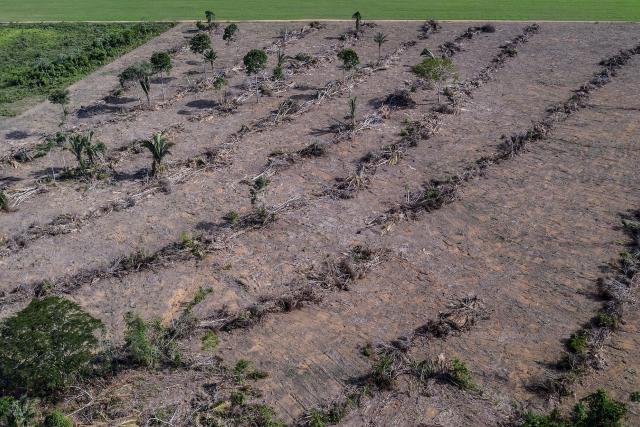
Soy from Brazil
There are up to 2.1 million hectares of natural vegetation unprotected by the law, and therefore that could be legally deforested, within the studied 133 Brazilian municipalities which directly supply the UK with soy. This is equivalent to an area the size of Wales and stores over one billion tonnes of carbon.
Of this 2.1 million hectares, based on plausible deforestation and legal compliance scenarios, we estimated that between 2021 and 2030, UK imports of soy from Brazil could result in the conversion of 36-59,000 hectares of vegetation, which stores 18-30 million tonnes of carbon.
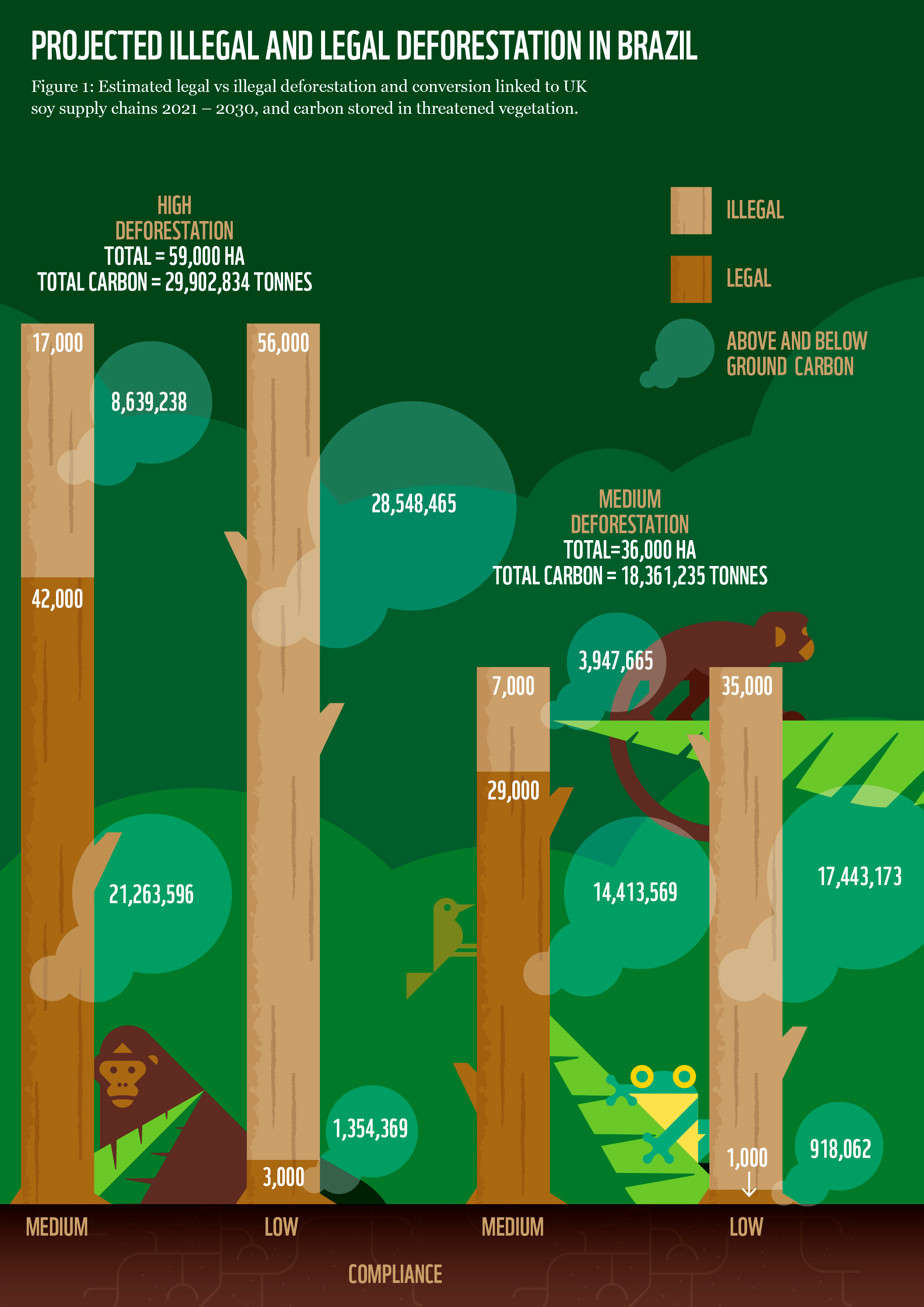
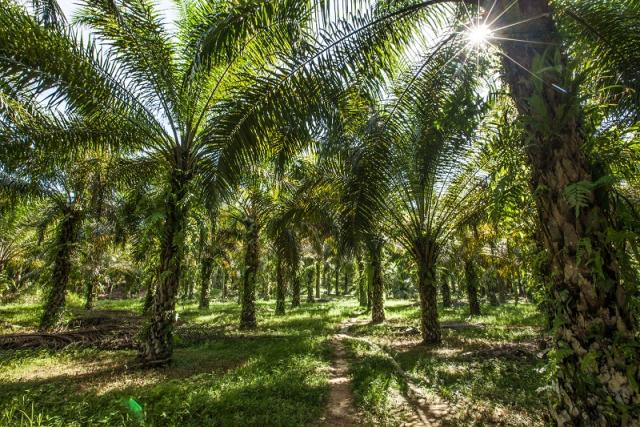
Palm oil from Indonesia
There is an elevated risk that oil palm plantations are converting peatlands and protected areas in Kalimantan and Sumatra – which both export significant amounts of palm oil to the UK.
Lack of publicly available information on deforestation and legal permits, and the complexity of Indonesia’s legal instruments covering deforestation, make it difficult for companies to assess legality.
THREATENED SPECIES
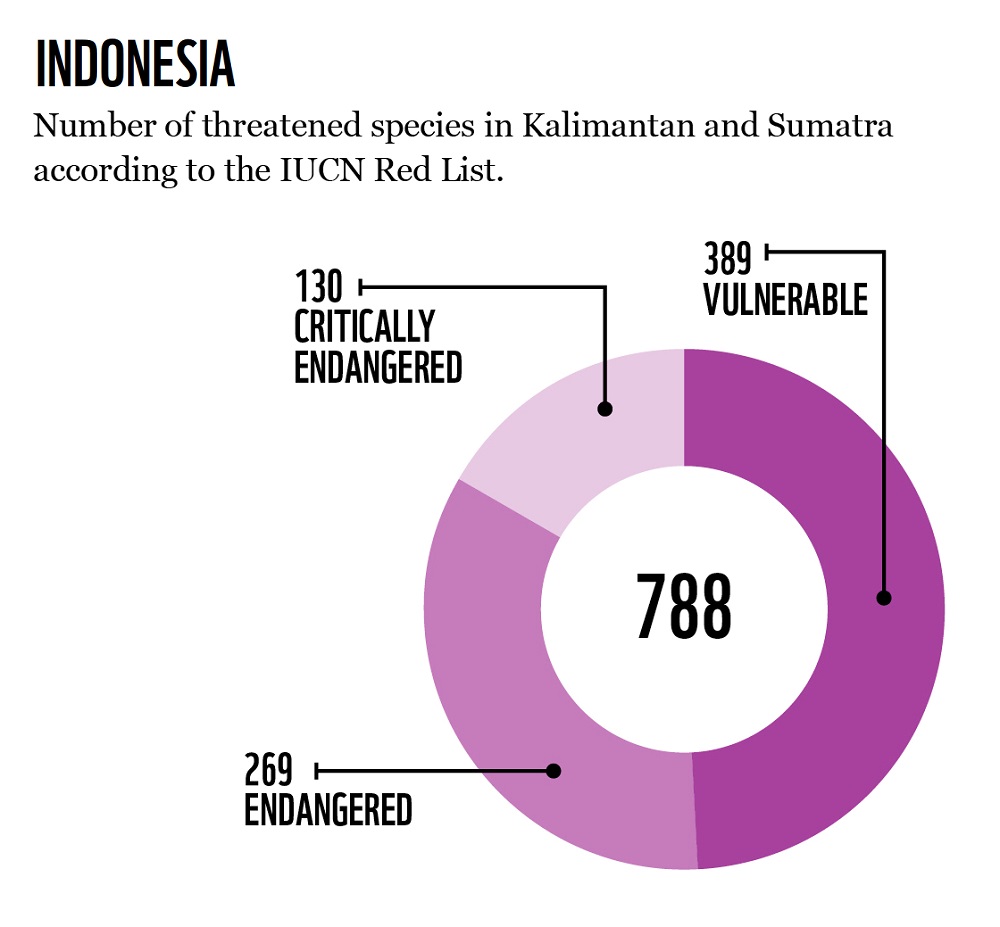
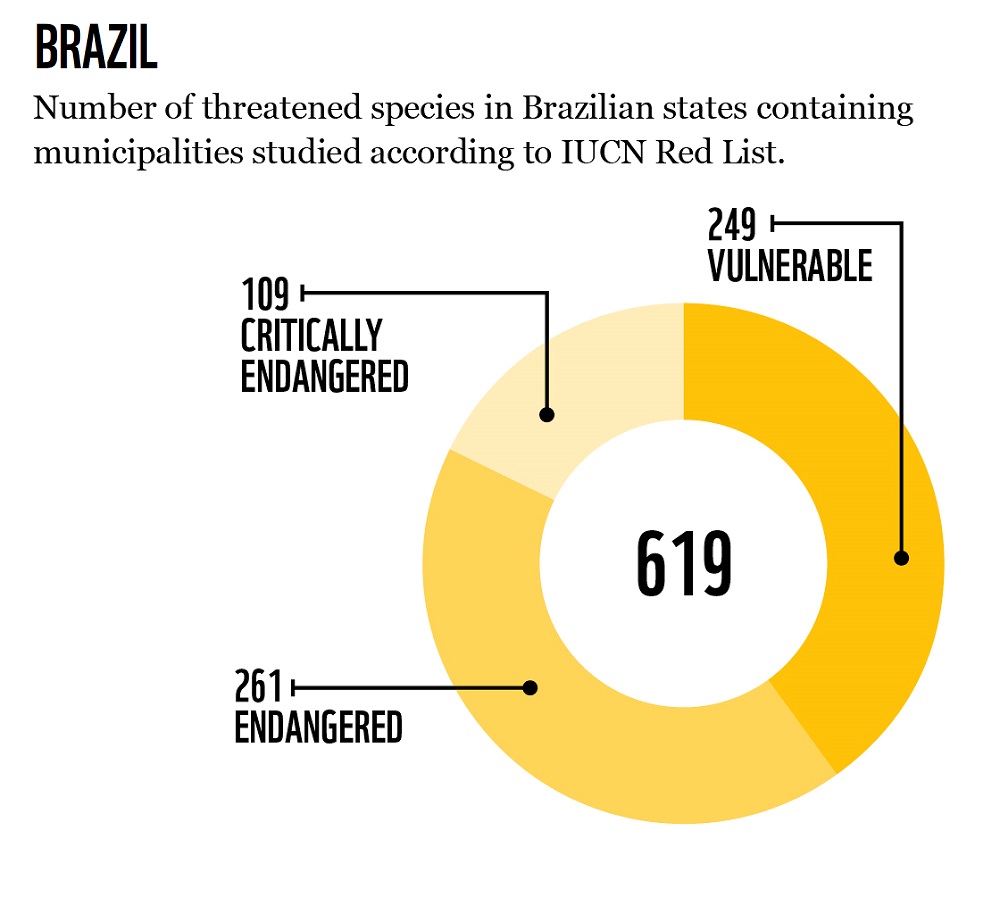
Our Policy Asks
The Policy briefing below summarises our key asks for policymakers for the Environment Act secondary legislation on due diligence, which include:
-
including a wide scope of forest-risk commodities in the first round of implementation
-
introducing a volume threshold to determine whether companies are in scope
-
ensuring companies publicly report on their due diligence processes and outcomes
-
securing an independent and well-resourced enforcement authority
-
aligning the UK law with similar proposed laws in the EU and US
Our calls to action
Our recommendations for companies, financial institutions and citizens are below. Please see the Summary Report for a more detailed list of asks.
What can companies do?
Companies’ action to eliminate deforestation and conversion from their supply chains is critical, including by:
- Setting policies and commitments to eliminate all deforestation and conversion, illegal or illegal, as well as human rights abuses, across their entire supply chains, as soon as possible and no later than 2023, aligned with the Accountability Framework initiative.
- Ensuring supplier contract terms align with your policies and legal requirements.
- Working with suppliers to map the full extent of your supply chain.
- Incorporating the Principles of Good Due Diligence highlighted in our report into their due diligence policies and procedures
- Responding to the Defra consultation on implementing due diligence and advocating for secondary legislation that ‘lifts the baseline’.
- Report publicly on your progress towards your commitments and legal requirements, including mandatory due diligence in an accessible manner.
What can financial institutions do?
Financial institutions have the power to drive change, starting by:
- Adopting screening and monitoring processes to make sure that their lending and investments to companies producing, using or trading forest and ecosystem-risk commodities don’t contribute to environmental damage and human rights abuses.
- Requesting that companies in their portfolios evidence their plans to remove deforestation and conversion from their supply chains as soon as possible and no later than 2023.
- Reporting publicly on their environmental and social risks and impacts, and on progress in mitigating them (and requesting clients to do so).
What can citizens do?
Citizens can and should do their part, starting by:
- Respond to the Defra consultation on Implementing Due Diligence, referencing our report.
- Writing to your local representative to support policies and laws for more sustainable, deforestation- and conversion-free supply chains and further transparency over international trade deals.
- Purchasing products that use sustainable ingredients and/or meet a credible certified standard wherever possible, such as Rainforest Alliance, Forest Stewardship Council (FSC) and Fairtrade.
- Demanding greater transparency and action from your supermarket and favourite brands to make sure the products you enjoy are not associated with deforestation, conversion, or human rights abuses.
- Eating more sustainably (for example, through introducing more plants into your diet, eating less meat, wasting less food, and where possible, choosing locally sourced options).
